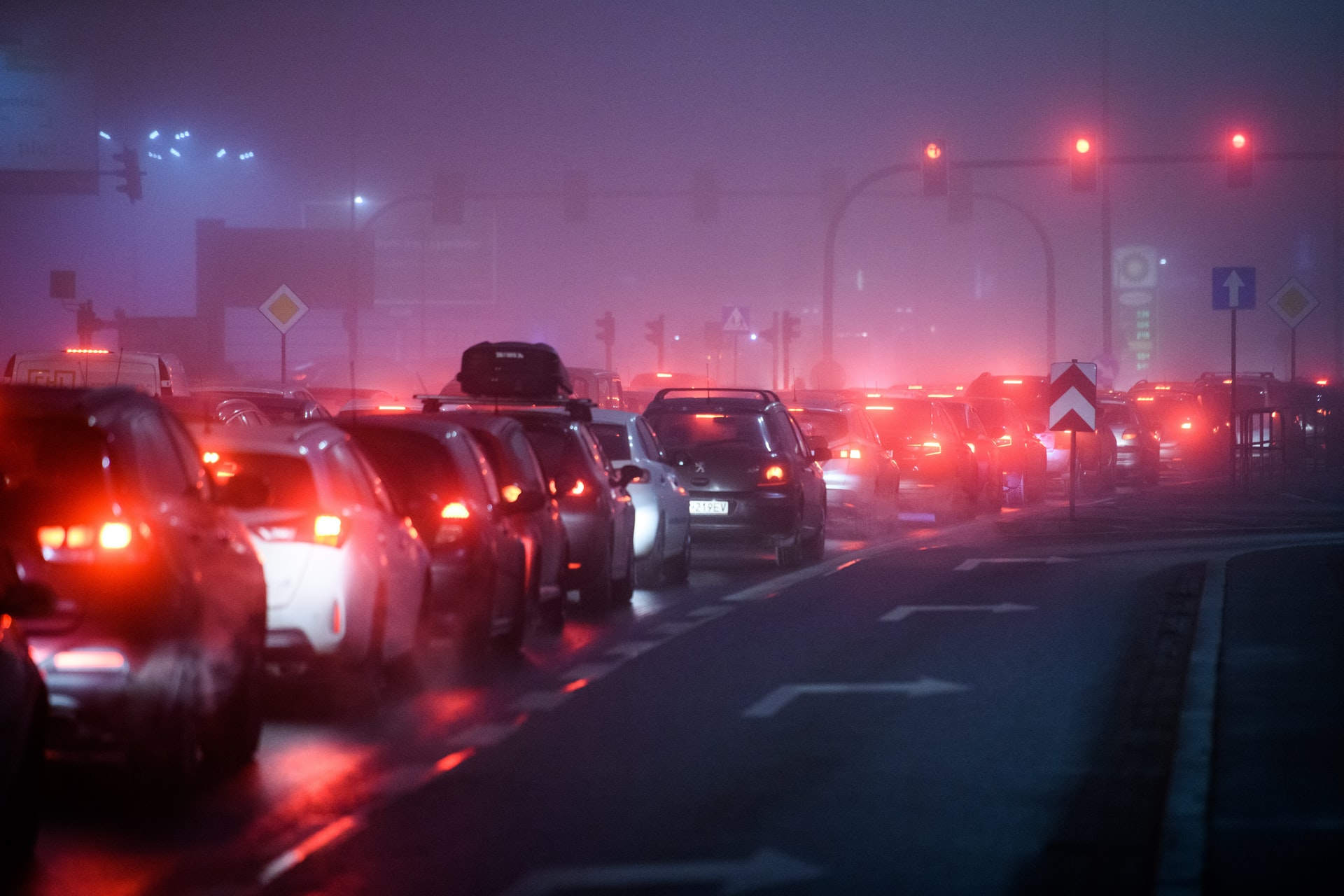News release
From:
Attachments
Note: Not all attachments are visible to the general public. Research URLs will go live after the embargo ends.

Journal/
conference: Nature Sustainability
conference: Nature Sustainability
Research:Paper
Organisation/s:
Massachusetts Institute of Technology, USA
Funder:
The research is supported by the National Research Foundation, Prime Minister’s Office, Singapore, under the CREATE programme, the Singapore–MIT Alliance for Research and Technology (SMART) Centre and the Future Urban Mobility Interdisciplinary Research Group.



 International
International


